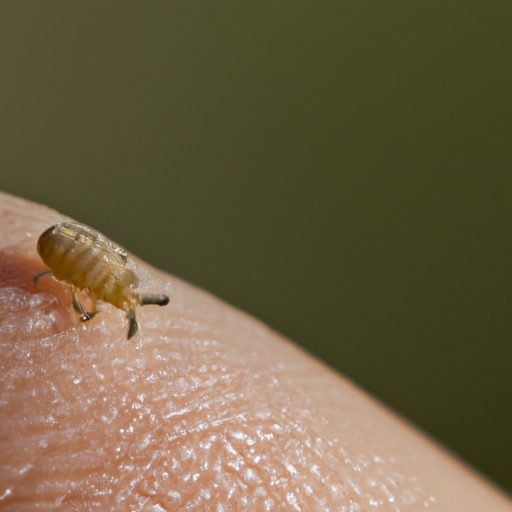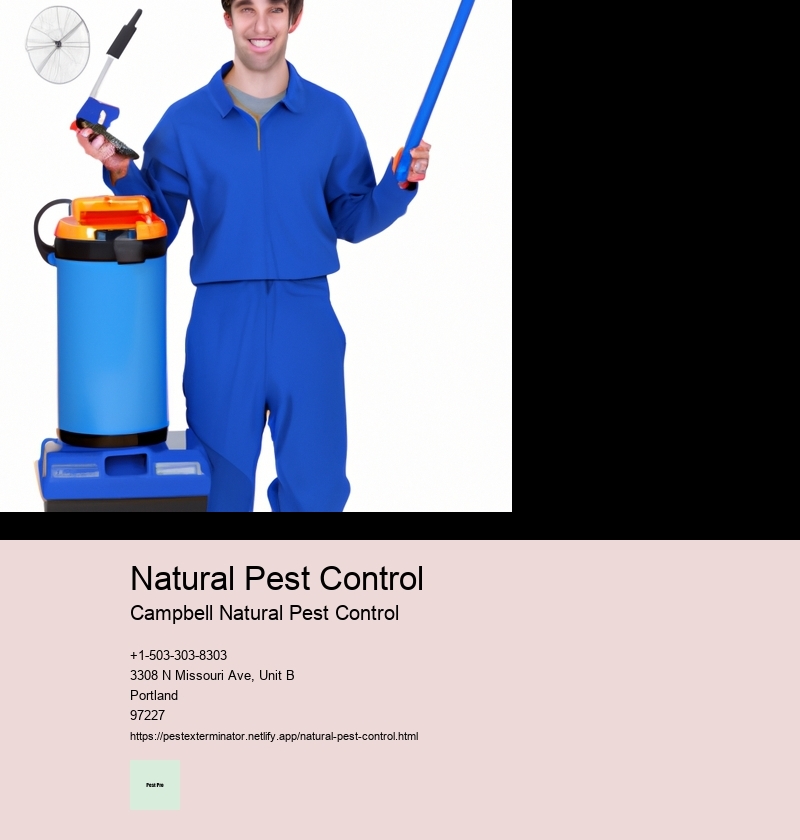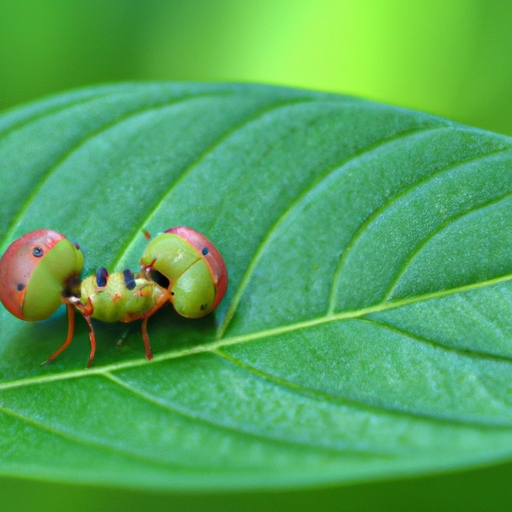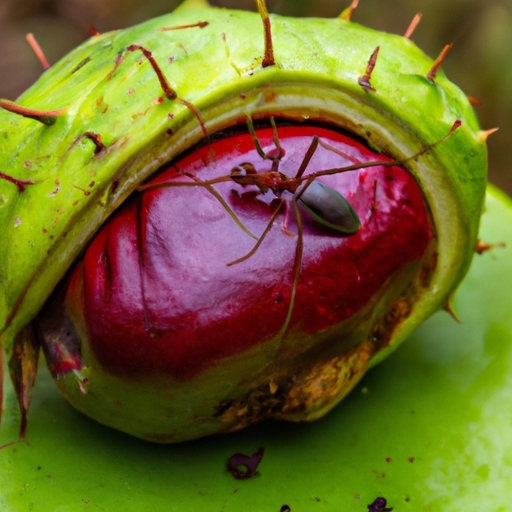Natural Pest Control
control natural pest
Natural pest control is the use of natural means to reduce or eliminate pests from an area. It involves strategies such as introducing natural predators, using physical barriers, and encouraging beneficial insects like ladybugs. Unlike traditional chemical pesticides, natural pest control does not involve the use of toxic chemicals that can harm people and the environment! (Plus, it’s often more cost-effective.)
For example, if a garden has a plague of aphids, you could introduce ladybugs – which are natural predators of aphids – into the garden in order to reduce their population. Additionally, you could also create a physical barrier by covering vulnerable plants with netting to protect them from insects. Moreover, planting certain types of flowers can attract beneficial bugs that will feed on other pests that may be present in your garden.
Furthermore, another type of natural pest control is biopesticides – these are substances derived from living organisms (like bacteria) and plant materials (such as neem tree oil). Biopesticides work by disrupting pests’ life cycles or attacking their nervous systems; they don't persist in nature like synthetic chemicals do! Plus, they're often less toxic than traditional chemical pesticides. natural pest control
Overall, there are many advantages to using natural pest control techniques instead of chemical pesticides - it's safer for human health and better for the environment! So next time you have a problem with pesky bugs in your garden or home give natural pest control methods a try - you may be pleasantly surprised at the results! Moreover ,it's important to remember that prevention is key when it comes to reducing pest populations before they become an issue. That way we can all keep our gardens healthy and beautiful without having to resort to harsh chemicals!



